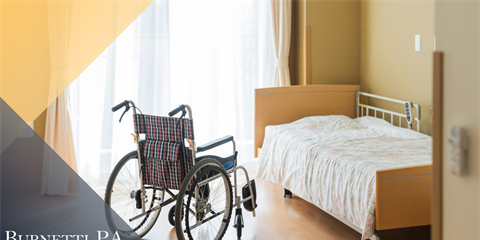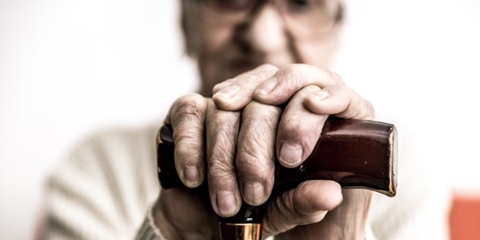Nursing homes are supposed to be care facilities but the level of abuse that occurs may be shocking. According to a 2014 study by the Department of Health and Human Services, 85 percent of nursing home facilities reported at least one allegation of abuse or neglect. It is distressing to think that older adults don’t get the care they need. However, if you can identify the signs of neglect in your loved one, you may be able to get justice for them and other residents. In this blog post, our Florida nursing home neglect attorneys look at some of the indicators of nursing home neglect and what you can do if your elderly parent or relative is being neglected.
Types Of Nursing Home Neglect
Neglect refers to a caretaker’s failure to provide care to a resident. It can take the form of:
- Neglect of basic needs. This is a nursing home’s failure to provide things like food and water or a safe environment.
- Medical neglect. This involves the failure to attend to a resident’s medical needs resulting in infections, bedsores, mobility problems, and other issues.
- Neglect of personal hygiene. This refers to the failure of a nursing home to help a resident bathe, brush their teeth, and do laundry.
- Social or emotional neglect. This type of neglect includes leaving the individual alone for long periods, ignoring them, and treating them unkindly.
Nursing home neglect can cause a wide range of problems including:
- Falls
- Dehydration
- Malnutrition
- Infections
- Medication errors
- Gastroenteritis
- Choking
- Urinary tract infections
Signs Of Neglect
Older people will naturally experience a range of issues. A new medical problem or change in behavior isn’t necessarily a sign of neglect. However, there are several indicators that a nursing home isn’t caring for residents as it should. If many of them are present, it could suggest neglect. You must reach out to a Lakeland nursing home abuse attorney.
Common signs of nursing home neglect are:
- Inadequate nutrition. If your loved one isn’t getting enough food and drinks, you will notice signs of malnutrition. These including hair loss, papery skin, constant tiredness or irritability.
- Poor hygiene. Nursing home residents often need help with combing their hair, brushing their teeth, and bathing. If they’re being neglected, their hygiene may suffer.
- Unexplained injuries. These injuries may be due to falls, physical or sexual abuse. Neglectful nursing homes are less likely to detect, report, and prevent other types of abuse and injuries may go unnoticed. Also, if staff members aren’t responsive to the needs of residents, they may get hurt while trying to help themselves.
- Unsanitary facilities. A nursing home that’s neglecting residents may fail to clean rooms, common areas, bedding, and clothing. If you notice grime, mold or pests, it’s a cause for concern.
- Mobility problems. Nursing homes should have programs to keep residents moving as much as possible. Staying active helps them to retain muscle mass. Neglectful nursing homes often leave patients in bed or sitting for long periods and this results in loss of mobility.
- Psychological issues. If your loved one isn’t being adequately cared for, they may begin to behave differently. They may become depressed and some distance themselves from others. Neglected seniors may display anger, resentment, and fear of caregivers.
What To Do If You Suspect Neglect
If you think your loved one is a victim of neglect, you need to act quickly. Neglect can be an indicator of other forms of abuse and in the worst cases, patients become disabled or even die. Here are some of the ways in which you can respond.
- Contact the emergency services. If you believe the individual is in immediate danger or likely to develop serious health problems, call the police or paramedics. The police can start a criminal investigation if the nursing home broke any laws. Paramedics can take the individual to hospital if necessary.
- Contact a local long-term care ombudsman. In situations that are not urgent, you may turn to the local ombudsman. This official will investigate the facility and advise you on how to proceed.
- Call Adult Protective Services. This is another option for non-urgent matters. While investigating your report, APS will call in social workers to look into your concerns.
- Contact an elder abuse lawyer. Your elderly loved one has legal rights. If they’re being violated, an attorney can help you to get justice. The victim may be entitled to compensation for medical expenses, counseling, and the cost of moving to another facility.
Contact Burnetti P.A. Today!
You took your loved one to a nursing home because you believed they would get the care they need and deserve. If they’re being neglected, the nursing home and its staff should be held to account. Call the Lakeland nursing home abuse attorneys today to learn about how you get them justice. Your first consultation is free.



